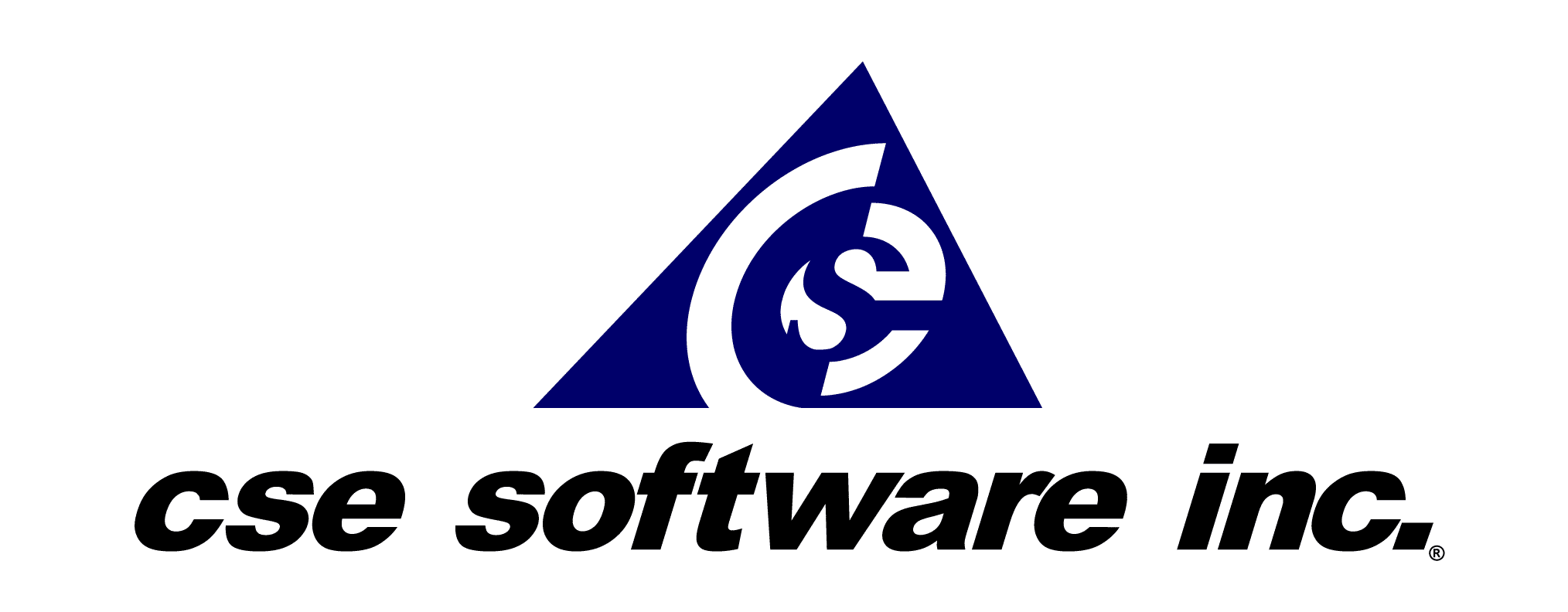A recent review of training methods for compliance continuity found that using custom training software provided a better learning environment and investment for businesses.
Respond to responsibility
Conducted by Cutting Edge Information (CEI), the study focused on pharmaceutical regulatory compliance and the methods used to deliver training to employees directly involved in this process. The research found that eLearning development allowed trainers to monitor how workers were progressing, what courses they had yet to complete and helped keep track of where they struggled. This in-depth review increases the return on investment (ROI) for employers and makes the learning process more uniform, ensuring that each worker will have an accurate and thorough understanding of his or her compliance responsibilities.
For the CEI study, companies involved found compliance issues declined sharply when trainees were required to electronically sign at the end of training modules. By boosting employee accountability, the impact of these eLearning modules seemed to increase.
Return on investment
"To prove the full ROI of eLearning, you need to measure its value," said Tom Kelly of Cisco. He told Workforce that by linking training to company goals and values, an organization can determine how effective a training program is based on how it drives success in these areas.
The cost of custom training software should balance out in the expense an employer can avoid in the future. Redundant training and compliance errors can be expensive, so creating a comprehensive methodology with measurable metrics using eLearning development can save businesses money. The CEI study proved that by increasing compliance training, companies didn't have to pay as much for issues in this area after coursework was completed, showing cost savings thanks to eLearning development.
Real-world application
An important aspect of the CEI research is the applicability this enhanced training and accountability enjoys. Rather than teaching abstract or "soft" concepts to employees, these modules deal with measurable performance indicators, providing quantitative feedback and the ability to monitor effectiveness.
Custom training software should contain some form of metrics for evaluating the employee experience. In the CEI software study, participants had to complete regular exams to prove they understood the course material, reinforcing the information by requiring immediate implementation. Keeping these details fresh means effective utilization in the workplace.
Proven methods
"E-learning is … a tool, a vehicle to deliver training," said Cliff Purington of Rockwell Collins, an aviation electronics company that's been using eLearning development to educate employees on specialized tools and procedures essential to daily operational standards.
Rockwell Collins conducted a study of custom training software similar to the CEI research and found its online training saved the business approximately $3,000 per worker and helped boost uniformity in manufacturing. The company offered traditional classroom training and custom training software to two groups of employees, each covering the same materials. It yielded similar test results from the two groups, but much different cost margins.
As eLearning development moves forward, more businesses are realizing the monetary and employee benefits of flexible, customizable training software to meet internal educational needs. These programs can be tailored for any industry or environment and offer training metrics that traditional methods could never match.
"These courses use a truncated instructional design process," said Purington. "They pass the litmus test for value."
Contact Stacey Burris at sburris@csesoftware.com or 1.309.670.7595 and ask for an eLearning demo today!

